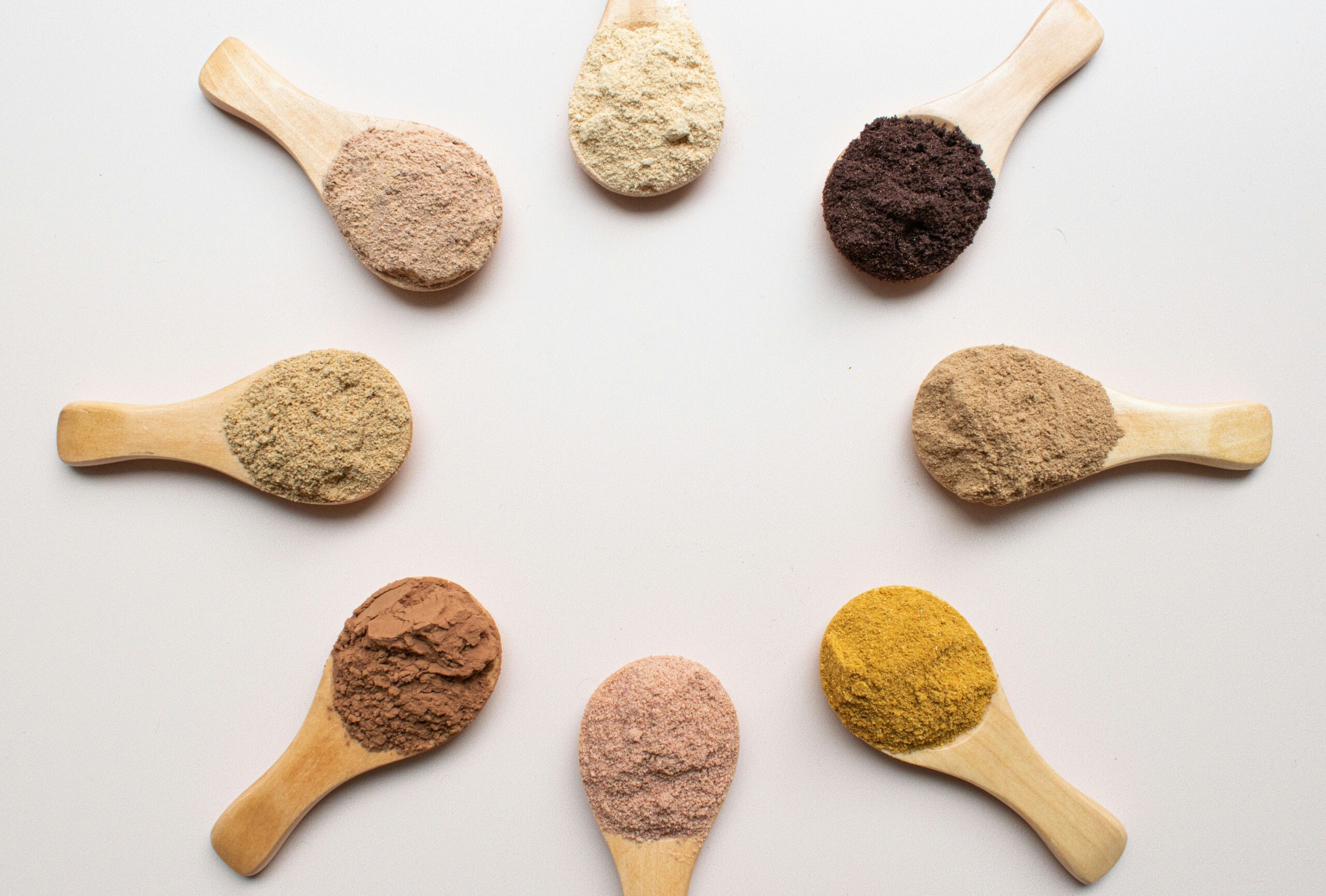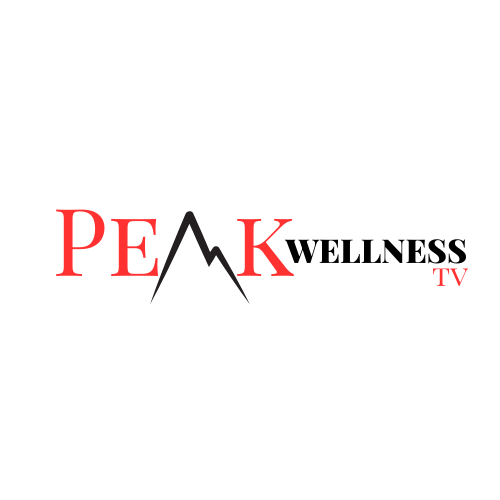Is Your Protein Powder Helping or Hurting You? What I Learned After My Husband’s Health Scare
- peakwellnesstv
- This post contains affiliate links.
- Read affiliate policy.

As a mom of three, I’m always on the lookout for ways to fuel our family better especially as we juggle work, school, sports, and everything in between. Like many, I used to think protein powders were only for bodybuilders or gym fanatics. But after my husband who is a fitness lover experienced some serious side effects from his daily protein shake, we learned the hard way that not all supplements are created equal.
In this post, I want to share what I’ve learned about protein powders: how they work, what to look for, what to avoid, and how switching to a clean, grass-fed option made a real difference for our health.
Why Protein Matters
(Even if You're Not Lifting Weights)
Protein plays a vital role in nearly every function of the body. It helps repair tissue, build muscle, support metabolism, and even regulate hormones. And for busy moms like me, it’s also one of the best ways to stay full between meals and keep energy levels up without relying on sugar or caffeine.
Research suggests that many adults especially women and older adults may not be getting enough protein, particularly high-quality sources. That’s where protein powders can be helpful… if they’re made with clean, trustworthy ingredients.
Our Turning Point: When Protein Shakes Became a Problem
For years, my husband used big-name protein powders the kind marketed heavily in the fitness world. But over time, we noticed changes. He felt bloated, his energy dropped, and lab work eventually revealed something more serious: his liver enzymes were elevated.
We were shocked. Could something so “healthy” be the culprit? After talking with a nutritionist and doing our own research, we found that many mainstream protein powders contain artificial sweeteners, gums, dyes, and chemical additives that can tax the liver, upset digestion, and cause inflammation over time.He immediately stopped using them and we started reading every ingredient label like detectives.
What to Avoid in Protein Powders
Here are the common ingredients we now try to avoid (not just in protein, but in many packaged foods):
- Artificial Sweeteners like sucralose and aspartame – linked to gut imbalance and metabolic issues.
- Artificial Flavors & Dyes – unnecessary and often associated with behavioral concerns in children.
- Maltodextrin – a cheap filler that can spike blood sugar quickly.
- Gums like xanthan gum and guar gum – may cause bloating or discomfort.
- Titanium Dioxide – a whitening agent with potential long-term health concerns.
- Hydrogenated Oils – linked to inflammation and poor heart health.
- Sunflower Lecithin – often highly processed, and not always necessary.
In general, if I can’t pronounce it or explain why it’s in there, we skip it.
Why We Switched to Grass-Fed Whey
After months of research and trial-and-error, we decided to try grass-fed whey protein and it was a game-changer. Grass-fed means the cows were raised without synthetic hormones or antibiotics, and the whey itself is less processed and often more nutrient-dense.
Benefits we noticed almost immediately:
- No bloating or stomach discomfort.
- More sustained energy.
- A cleaner, smoother taste without the chemical aftertaste.
Some studies even suggest that grass-fed dairy contains higher levels of beneficial fats like omega-3s and CLA (conjugated linoleic acid), which can support heart health and metabolism.
What We Use Now (And Why)
After trying several different brands, we landed on Live Good Grass-Fed Whey Protein and it’s become a staple in our home.
What we like:
- Cold-processed (preserves nutrients)
- No artificial ingredients, gums, or sweeteners
- Simple ingredient list we can trust
- Tastes great, even with just water or almond milk
- Affordable enough to use daily
We’ve blended it into smoothies, added it to protein pancakes, and even stirred it into oatmeal. It’s versatile and kid-approved!
Final Thoughts: Protein with Purpose
Like many families, we were doing our best but didn’t realize how hidden ingredients were affecting our health. Today, we’re more mindful of what we buy and prioritize clean, simple nutrition over flashy labels or quick fixes.
If you’re using protein powder (or thinking about starting), I encourage you to really look at the label. Ask yourself:
- Where is this sourced?
- Are the ingredients whole-food based?
- Could this be irritating my body over time?
Sometimes small switches like upgrading your protein can have a big impact on how you feel day to day.
If you’ve had experience with protein powders (good or bad), I’d love to hear your story. And if you’re looking for a cleaner option, I hope our experience helps guide you in the right direction.
Stay well,
A mom learning as she goes 💛



